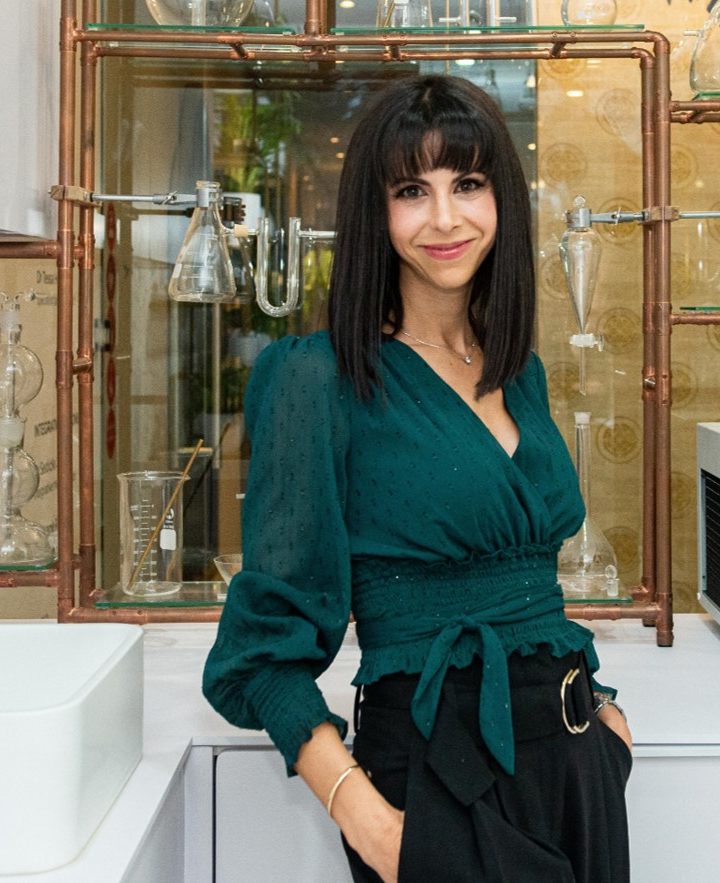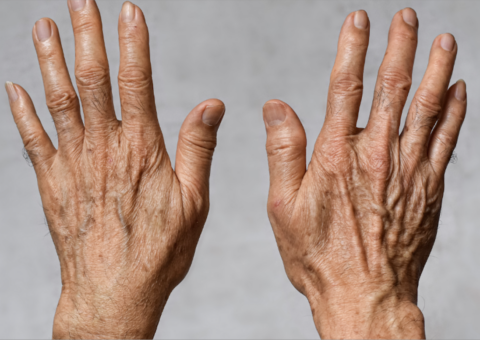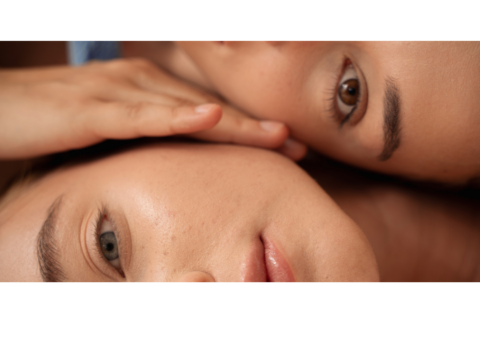
Diet has remained a part of the ‘acne discussion’ for years. It’s time that you listen in!
At TASH 360, nutrition has made its way into almost every conversation as we understand that food plays a pivotal role in the factors that influence the development and progression of acne – whether it be genetics, hormone balance, inflammatory responses, your gut health, your stress and anxiety levels, or your body’s ability to eliminate environmental toxins.
Nutrients communicate with your body on a cellular level. Learn about 3 food groups that say ‘sweet things’ to your cells; essentially, loving on your skin and keeping you free of unwanted, angry spots:
![]() ‘I’m your go-to anti-inflammatory’ – Omega-3 Fatty Acids
‘I’m your go-to anti-inflammatory’ – Omega-3 Fatty Acids
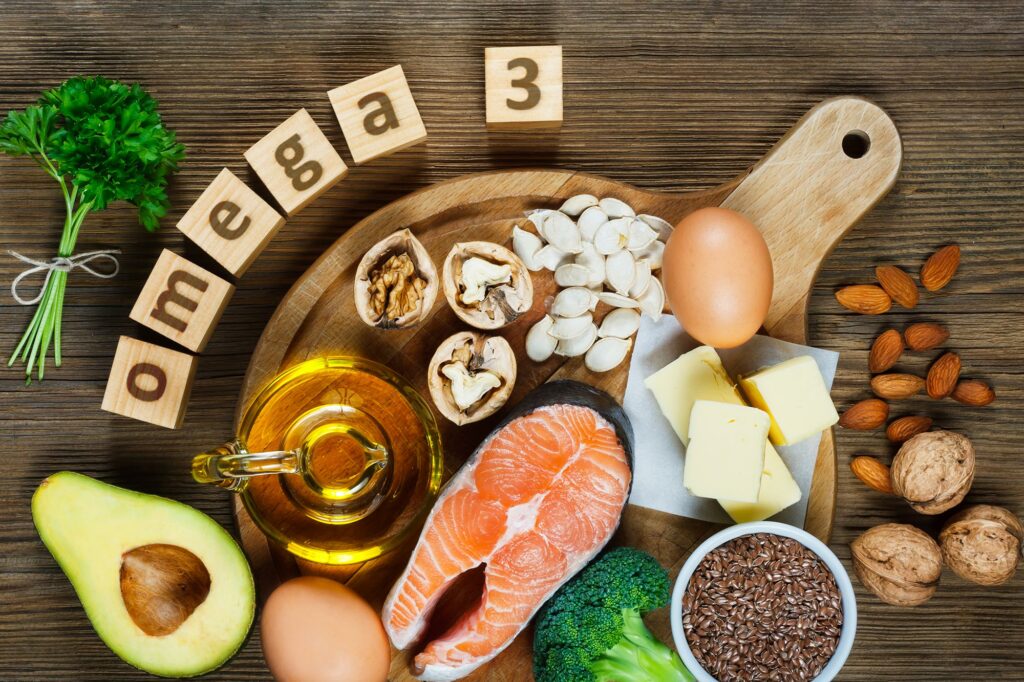
Inflammation causes a dysregulation in your skin’s ability to regulate oily secretions from sebaceous glands. Excessive oil production can ‘clog’ your glands which leads to the formation of pimples and cysts.
The stereotypical Western diet contains a higher ratio of omega-6 fatty acids to omega-3 fatty acids compared with the hunter-gatherer diet and similar diets rich in fish, wild game, and wild plants. Higher omega-3 intakes have been shown to inhibit the inflammatory messengers, which in turn reduces inflammatory acne lesions.
Pick-up line: I put a stop to the production of pro-inflammatory messages in the skin.
![]() ‘I’m your go-to hormone regulator & gut-support’ – Fiber
‘I’m your go-to hormone regulator & gut-support’ – Fiber
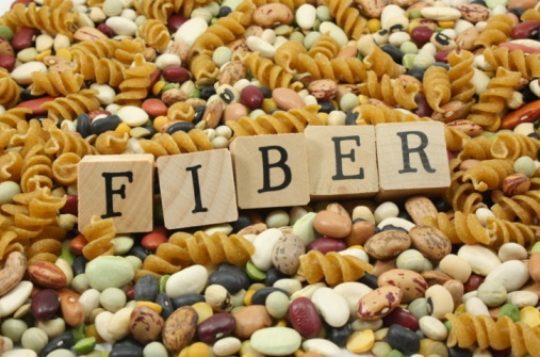
Diets that are high in sugar, full of processed carbs, and low in fiber elevate blood sugar levels. High blood sugar levels lead to higher insulin levels in the blood, which in turn can stimulate the release of certain hormones (known as androgens & IGF-1) that play a role in the development of acne lesions.
Toxins need to leave the body through your poop. Fiber ensures that your GUT eliminates metabolized (‘already-used’) hormones on a daily basis. When constipation is part of the picture; certain hormones are re-absorbed from the gut into the bloodstream, which can lead to hormonal imbalances, and contribute to the development of hormonal acne.
Pick-up line: I can prevent hormonal acne by lowering insulin levels, detoxifying your body of unwanted toxins & hormones, and telling your good gut bacteria to send anti-inflammatory messages to your skin.
![]() ‘ I’m your go-to genetic regulator’ – Cruciferous Vegetables
‘ I’m your go-to genetic regulator’ – Cruciferous Vegetables
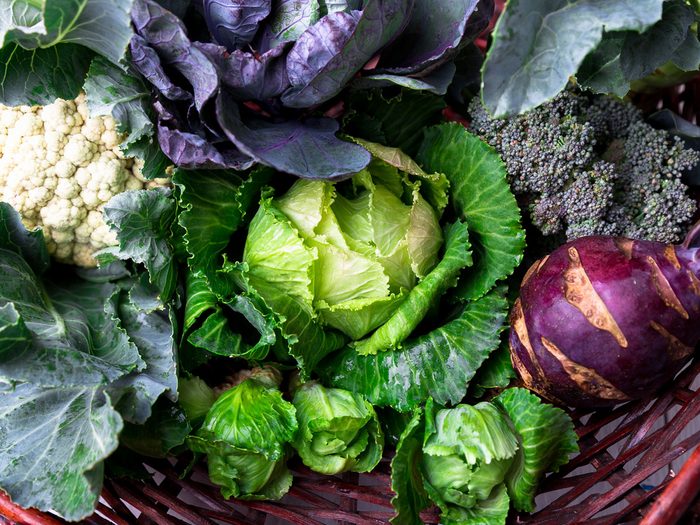
Our bodies produce unstable molecules (known as Reactive Oxidative Species or Free Radicals – ROS) on a daily basis – it’s part of life. Our bodies rely on antioxidants to ‘neutralize’ these dangerous molecules. High amounts of ROS can ‘switch on’ your immune system and cause inflammation. It has been suggested that ROS may be implicated in the origin of acne.
We can obtain antioxidants from foods, or we can consume foods that tell our genes to produce our own internal antioxidants (the latter, being the most powerful form). Cruciferous vegetables ‘activate’ the genes that control your body’s internal antioxidant system.
Pick-up line: I love your body’s antioxidant system – I’ll keep your skin free from free radical damage.
![]() Here are 5 foods that you can add to your anti-acne grocery list this week:
Here are 5 foods that you can add to your anti-acne grocery list this week:
- Wild-caught salmon
- Chia seeds
- Flax seeds
- Broccoli sprouts
- Walnuts
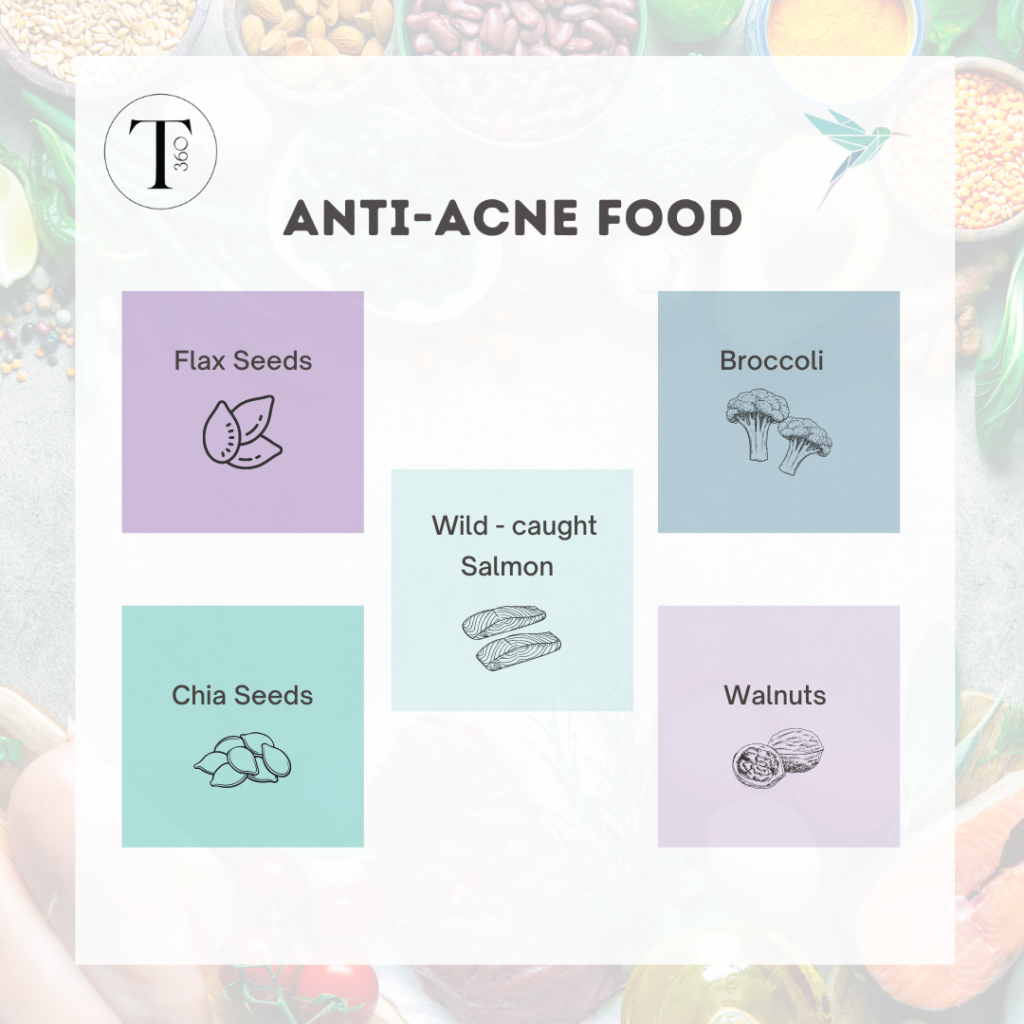
At TASH 360, we believe in personalized care. Visit our nutritionist, Steph Rouillard, to get your gut right, get your omega 6:omega 3 ratio optimised, and your internal antioxidant system in tip-top condition!



